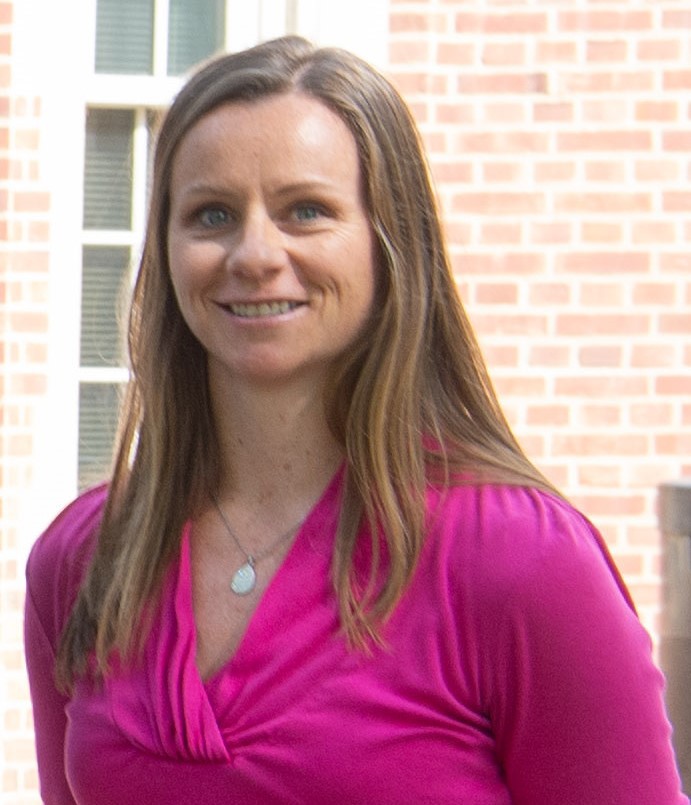PODS Scholarship Recipient to Learn More About Lower Extremity Injuries Among Athletes
Close to seven million high school students and nearly 500,000 college students benefit from playing sports in school. However, these athletes risk sports injury. The majority of injuries young athletes experience are to the lower extremity.
These injuries are complex and there is still much to be learned. A PhD student at the University of Iowa’s Physical Therapy & Rehabilitation Sciences, Kristin A. Johnson, PT, DPT, is currently studying multi-factorial injury mechanisms and hopes to change the way it is applied in clinical practice. She is working under the tutelage of former FPTR President and funding recipient, Richard K Shields, MPT, MS, PhD.
Johnson was awarded a Promotion of Doctoral Studies (PODS) I Scholarship, made possible by the American Physical Therapy Association (APTA)’s Scholarship Fund. Johnson aims to use her award to analyze the effects of biomechanical, neuromuscular, and hormonal injury risk factors on lower extremity control during unexpected events. Johnson will also expand on her research of safely exposing people to unexpected conditions while performing single-leg squatting tasks, to examine the influence of sex hormones and reflex training on performance.
Johnson is thankful that this PODS scholarship will support her in the coursework phase of her post-professional doctoral studies. “This scholarship will alleviate some of the financial burdens inherent with full-time PhD training, cover travel costs and fees associated with presenting scientific data, and assist with living expenses,” said Johnson. “This will allow me to maintain focus on fulltime research.”
Johnson values the mentorship she has received from Shields and urges aspiring researchers to find a knowledgeable mentor and choose an institution where they can explore and develop their own research interests. Alongside Shields, Johnson has already participated in designing experiments, obtaining IRB approval, recruiting participants, writing grants and manuscripts, performing her own scientific discovery, and more.
FPTR awarded a total $212,500 in fellowship and scholarship funding to 12 promising physical therapist researchers in 2020. The awards will help these new investigators begin their research careers and complete doctoral studies.
“Research is the foundation of evidence-based practice,” said Johnson. “Physical therapy researchers especially, are comprised of people who pursue new knowledge not for the sake of discovery itself but for the improvement of patient well-being. As a clinician and a researcher, I am confident that an investment in physical therapy research solidifies our profession.”
FPTR awards PODS Scholarships annually to physical therapists or physical therapist assistants who have completed at least two full semesters or three full quarters of their coursework toward a postprofessional doctoral degree. To learn how you can apply, visit Foundation4pt.org.
Select Foundation Grants and Scholarships Awarded
KRISTIN A. JOHNSON, PT, DPT
